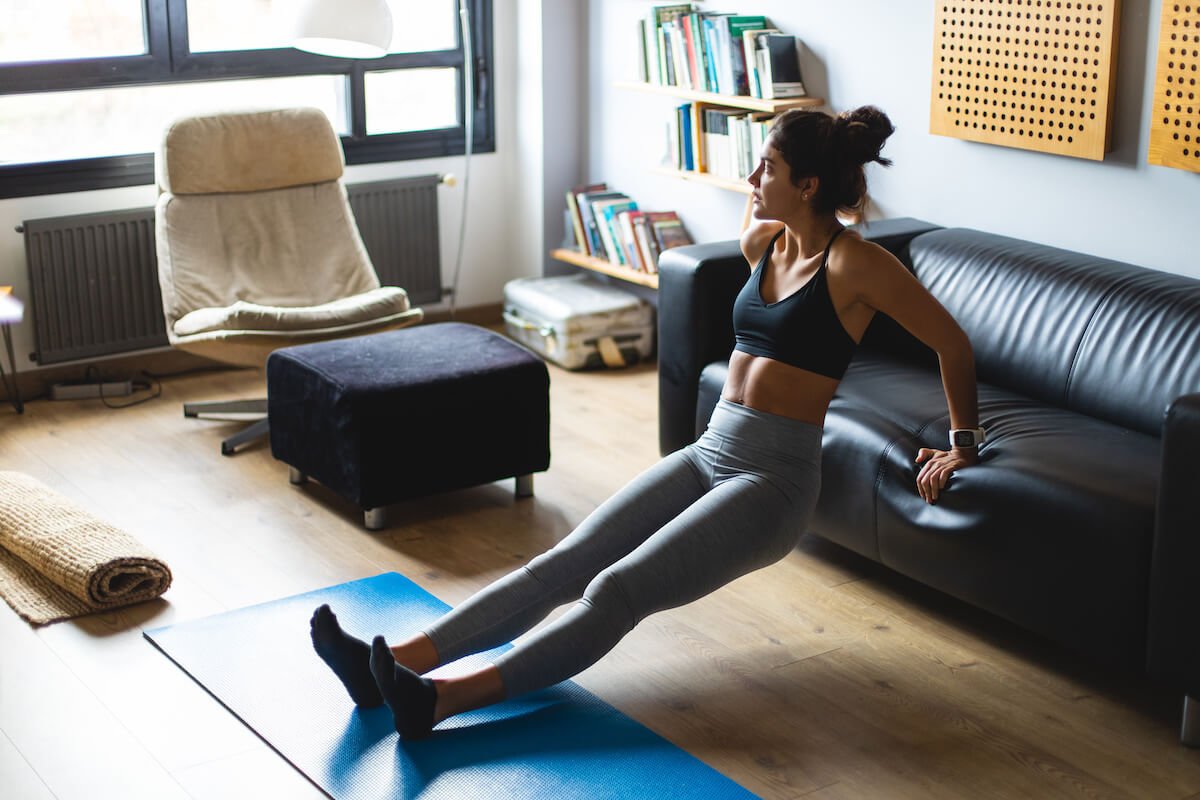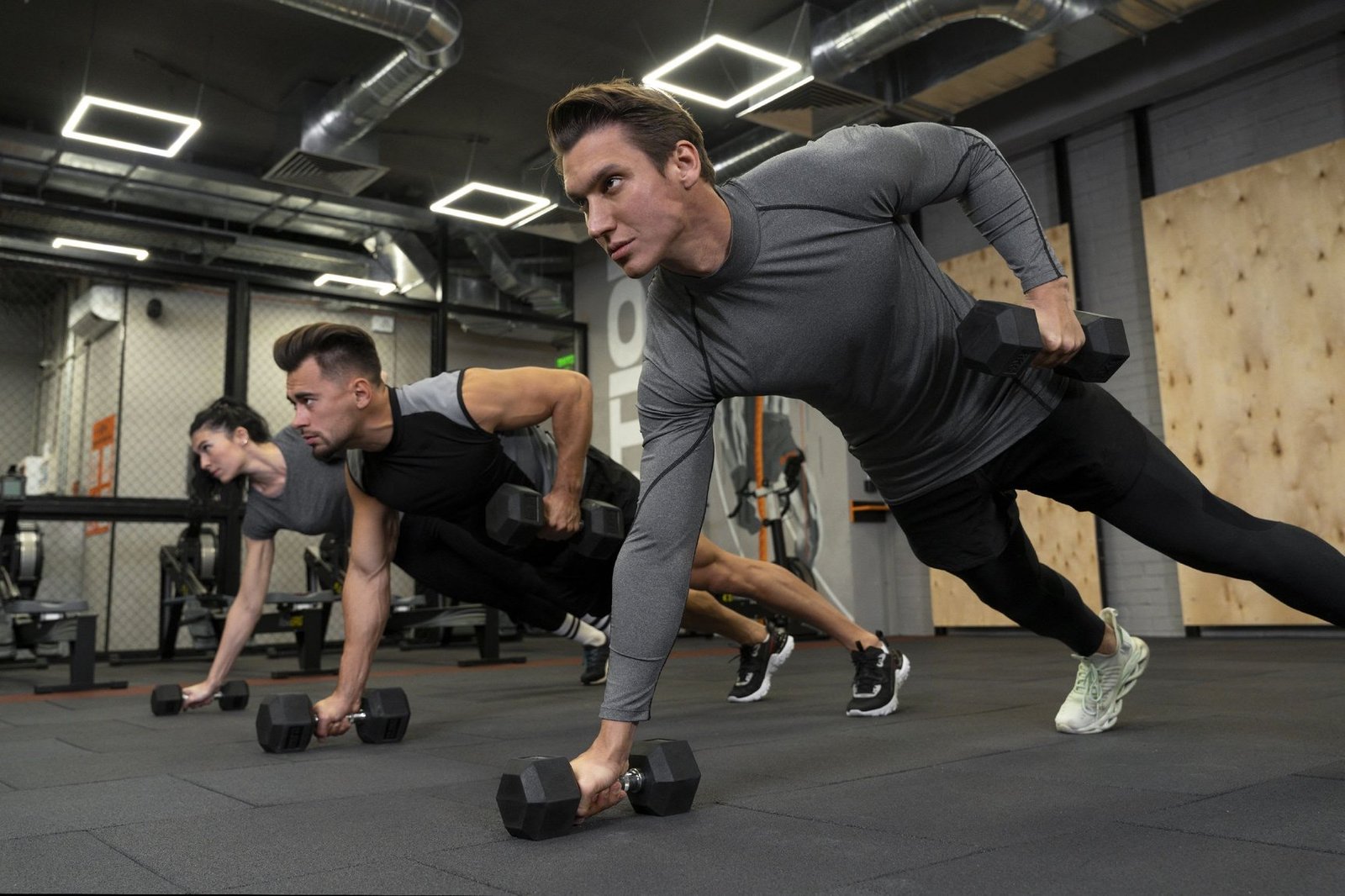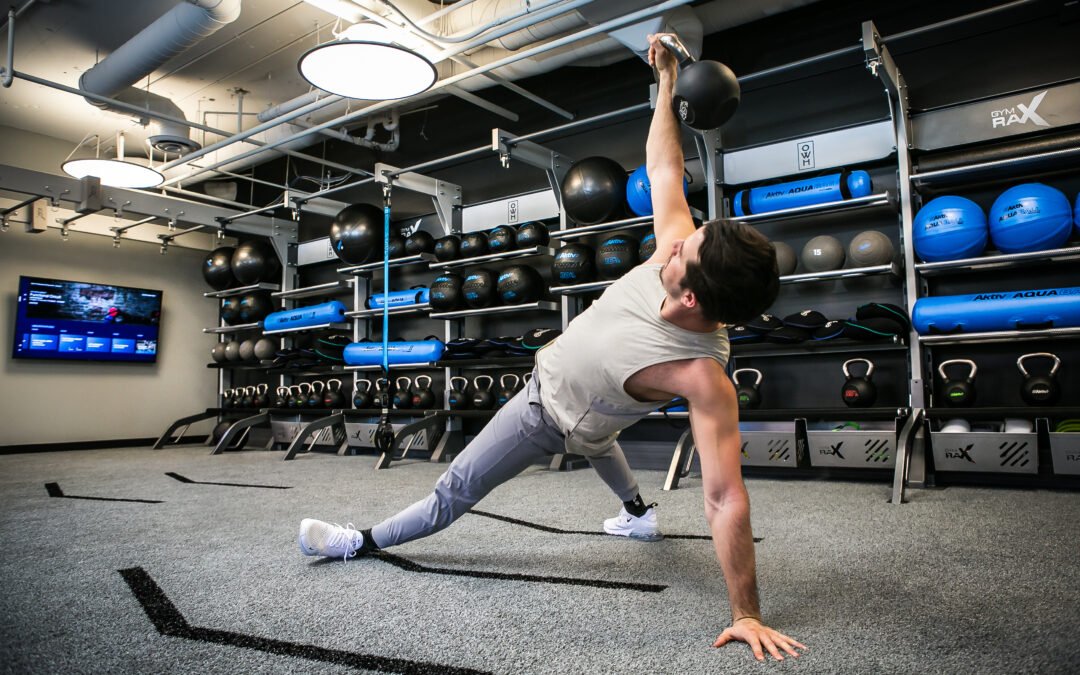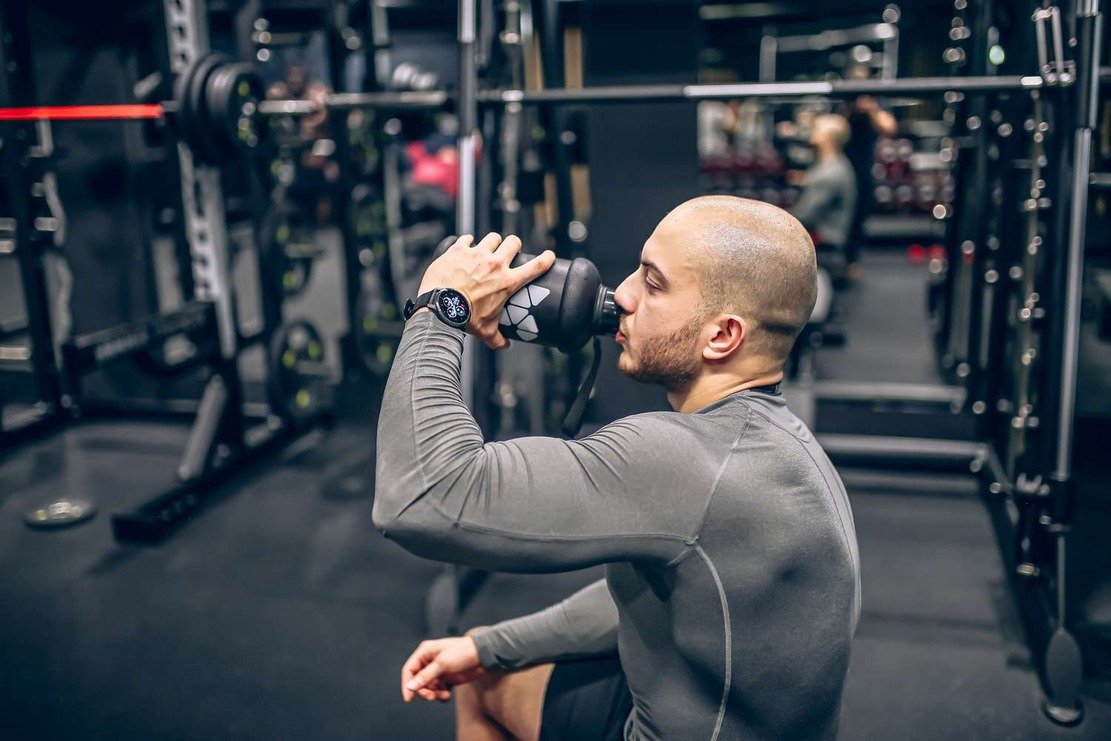
It can be overwhelming to begin a fitness journey, especially if it is your first time. It’s good to know that you don’t need expensive equipment or a long time in the gym to start. It’s important to develop a routine that is simple and sustainable and is tailored to your lifestyle and abilities. Beginner fitness is all about building a solid foundation, improving your overall health and gaining confidence in the ability of your body to move. You can build healthy habits for life by taking small, gradual steps.
Start with Simplicity
Overcomplicating fitness can be a barrier for many beginners. Many people think that they must start by lifting heavy weights or buying expensive equipment or committing to a rigorous workout program. This mentality can lead to burnout and even injury. Simple movements are those that require minimal equipment and can be performed at home or in the park. Beginners can benefit from simple bodyweight exercises, stretching and short walks. These activities are not only good for building physical strength, but they also boost confidence and motivation. By starting simple, you can reduce the likelihood of giving up and make fitness fun instead of stressful.
Building a Strong Foundation
Early stages of a workout should be focused on building a solid foundation for your body. This foundation includes endurance, flexibility, strength and balance. Cycling, walking, and light jogging are all excellent ways to improve your heart health. Exercises that use your own body weight, such as push-ups and planks or squats can help you build strength in the major muscle groups. Stretching or yoga-based exercises can improve flexibility and reduce stiffness. Standing on one leg, or doing simple yoga poses like standing with your feet together can help prevent accidents and improve coordination. By balancing all of these factors, you can ensure that your body will adapt gradually and be ready to perform more advanced exercises in the future.
The Importance of Consistency in Fitness
Consistency is more important than intensity when it comes to fitness. Many people begin with great enthusiasm, but soon lose motivation because they push themselves to hard at the beginning. Setting small, attainable goals is a good way to start a fitness program for beginners. As an example, commiting to three 20-30 minute workouts per weeks is more effective than a single intense session followed by a few days of inactivity. Consistency is key to forming habits that will lead to long-term success. Showing up consistently builds discipline and, over time, you will see your body adapt and improve. Consistency reduces injury risk because it allows for gradual progression instead of sudden, intensive strain.
Bodyweight Exercises
Bodyweight exercises can be done anywhere and are accessible to beginners. These exercises are easy to do and don’t require any equipment. They can be performed anywhere. Simple exercises like squats and push-ups can target several muscle groups simultaneously. These exercises improve posture, boost metabolism and increase functional strength to support everyday activities such as lifting, bending and climbing stairs. Bodyweight exercises can also be adjusted to fit your fitness level. Push-ups, for example, can be done with knees for beginners and squats, can be performed using a chair as extra support. They are suitable for people of all ages and body types because they can be adapted.
Add Cardio to Heart Health
Exercises that improve circulation and strengthen the heart are vital for burning calories. Beginners don’t have to do high-intensity cardio. You can increase your heart rate by walking, light jogging or cycling. Even dancing is effective. Simple routines include taking a 20-minute brisk walk, three times per week, or cycling in your neighborhood. You can increase the intensity or duration of your activities as you improve. Exercises that release endorphins (also known as “feel good” hormones) are also excellent for relieving stress and improving mental health. By choosing activities that you enjoy, you are more likely to stick with your cardio routine.
Stretching and Flexibility are Important
Beginners often overlook the importance of flexibility in improving performance and preventing injury. Stretching helps to maintain flexibility, reduce stiffness and improve range of motion. You can easily add simple stretches to your routine that target the shoulders, arms, legs, and back. Yoga and Pilates are great ways to improve flexibility, while also improving balance and relaxing. Exercises that improve flexibility are easy to do but can have a significant impact on your overall health and mobility. Stretching is an important part of your beginner’s routine to ensure that your body stays flexible and less susceptible to strain.
Conclusion
It is not necessary to be intimidated or complicated to start a fitness routine for beginners. Anyone can achieve a solid foundation of health and fitness by focusing on simple exercises, consistency and gradual progression. By incorporating bodyweight exercises, cardio training, flexibility training and proper nutrition into your workouts, you can ensure that your body adapts to the changes in a balanced manner. Start small, be consistent and make fitness fun, not stressful. Beginners can improve their energy levels and transform their health with patience, commitment, and time. Fitness isn’t about quick results or perfection; it’s all about creating a lifestyle to support long-term health.
FAQs
1. What is the best exercise for beginners?
Beginners should combine simple bodyweight exercises such as squats and push-ups with light cardio like walking or cycling.
2. How many times should a beginner exercise?
Beginners should aim to do three to four sessions a week, with rest days between.
3. What equipment do I need to begin a fitness program?
Many beginner-friendly exercises rely on bodyweight workouts that do not require any equipment.
4. What should the length of a beginner’s workout be?
Beginners can see results with workout sessions lasting 20-30 minutes.
5. Can beginners reduce weight by doing simple exercises?
Simple beginner exercises can be effective in helping you lose weight and improve your overall health when they are combined with a healthy diet and a consistent routine.



